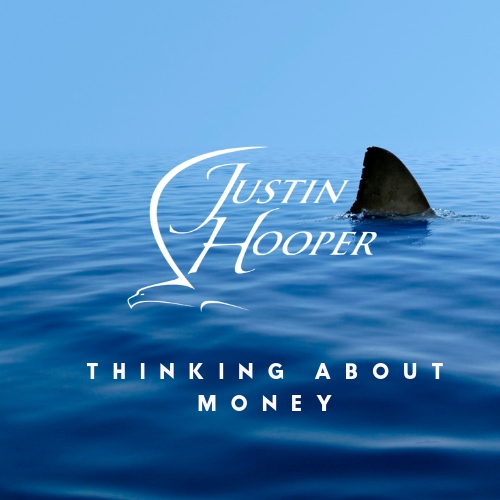There’s a danger lurking in the royal commission
July 2018 | Justin Hooper
Legislation won’t prevent misconduct — only individuals paying attention and taking responsibility can prevent scandals.
The Royal Commission into Misconduct in the Banking, Superannuation and Financial Services Industry has entered its next phase – investigating superannuation. And already we are learning about more rip-offs and conflicts of interest.
There is a part of me that quite enjoys seeing these bad practices being exposed; there were many occasions when I raised these issues within various forums and made myself unpopular, so to some extent, I feel vindicated. At the same time, there’s another part of me that sees a much greater danger. And it has always worried me.
When investors get the impression that someone else will take responsibility for what happens in their lives they become less diligent in their approach to decision-making. Just like every other area of life, it is ultimately up to each of us to take responsibility for our lives. Risk is good and should be encouraged — it’s the underlying source of all growth. Blame implies that the decision was out of one’s control, and that there is a reliance on others.
There are good lessons to be learned from wildlife in Africa. When driving around the bush observing animals in their natural state, it’s noticeable that they spend all their time on four activities — eating, avoiding being eaten, resting, and reproducing. There are no rules to protect them, and no legislation requiring other ‘parties’ to act appropriately. It’s up to each of them to look after themselves. Risk is natural – it’s a fundamental part of life.
History is riddled with scams of some kind or other. Many are blatantly illegal, but just as many are simply one person taking advantage of the ignorance or laziness of others. The collapse of Storm Financial, only nine years ago, is a case in point. The cause of that catastrophe was the promotion of an approach of massive leverage as a rapid wealth creating strategy. Of course, most of it was inappropriate, but it wouldn’t have taken a genius to realise that leveraging against all your assets — including your home — could result in a problem.
No matter what changes are introduced, we haven’t seen the last of people taking advantage of other people.
I learned a very good lesson a long time ago from a tax barrister in South Africa by the name of Michael Katz. Michael was the head of the Katz Commission, which was tasked with revising South African tax legislation. I was very lucky to have some interesting conversations with him, and in one he made a comment that has remained with me ever since. “Legislation should be designed to protect people against other people, not against themselves. Everyone has a right to make a fool of themselves.”
There is danger and risk in life, and that’s the way it has always been. Even though there are very strict rules of the road, accidents are not entirely preventable. Drivers on the road could do stupid things and each of us have the responsibility to look after ourselves and seek out information that may be useful to our safety. It doesn’t help you much if the other driver broke the rules in the course of causing you permanent damage.
Imagine a situation where it was legislated that taking risk was illegal; a guaranteed way to collapse society and in effect, it would create the greatest risk of all.
Blaming others is making the assumption that it was never under your control and someone else must fix it. Taking risk is good, but take responsibility too.
The royal commission is necessary to create a clean out, but there is great danger that people think the new changes, whatever they are, will create greater protection. At the end of the day, the best protection is ensuring the individual continues to take risk, but at the same time takes responsibility for their own actions. By doing this, the service providers will have to improve, in order to appeal to a much more discerning market.








